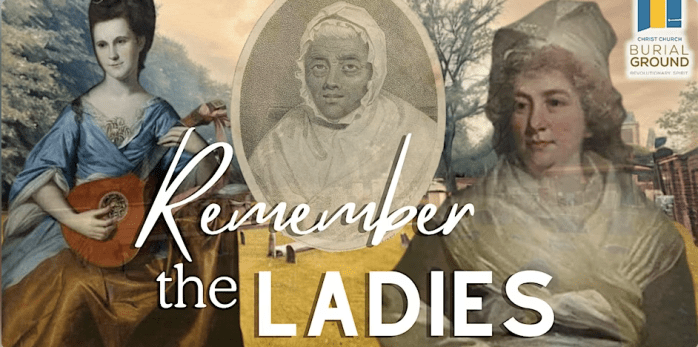By Brendan O’Brien
MADISON, Wis. (Reuters) – A Wisconsin Senate committee on Tuesday advanced a proposal to make Wisconsin the 25th right-to-work state after hours of public testimony and a rally by a couple of thousand union members opposed to the bill. Wisconsin Governor Scott Walker, a potential Republican candidate for president in 2016, will sign a bill if it makes it to his desk, a spokeswoman has said.
Walker backed a law to limit the power of public sector unions shortly after taking office in 2011, and in 2012 he survived a recall election sought by Democrats and union members, making him a favorite of conservatives nationally. The latest bill would prohibit private sector workers from being required to join or financially support a union, such as through dues, as a condition of employment.
Supporters say a right-to-work law could attract businesses to Wisconsin, while opponents contend such a law would be an assault on organized labor.
An hours-long hearing over the bill on Tuesday was cut a few minutes short by the Senate committee chairman, Republican Stephen Nass, who cited the threat of a disruption by union demonstrators, the Milwaukee Journal Sentinel reported. The committee voted along party lines to advance the bill for consideration by the full Republican-controlled Senate on Wednesday.
The majority Republican state Assembly is expected to take up the bill next week.
“I don’t think that there is any other piece of legislation that sends a stronger message to those who might think about expanding here or locating here than this bill,” Senate Majority Leader Scott Fitzgerald said at the outset of the hearing. Workers opposing the measure began to chant shortly after the hearing began and then organized a midday rally outside the building with about 2,000 people carrying U.S. and union flags and signs opposing the bill. “I never thought I would see this day and that this action would take place in this state,” said Michael Ladwig, 53, a carpenter from Rio, Wisconsin, who wore a scuffed white hard hat and a green jacket. Wisconsin Policy Research Institute President Mike Nichols testified in favor of the measure at the committee hearing.
“Wisconsin’s role in the national economy has shrunk with the passage of time, we know that; the analysis suggests that passage of a right-to-work law likely would slow and possibly reverse that trend,” Nichols said. Marquette University economics professor Abdur Chowdhury testified that businesses looked more toward technology development, tax policies and infrastructure when deciding where to locate than to right-to-work laws. “Business firms look at the entire business package,” Chowdhury said.
(Reporting by Brendan O’Brien; Editing by Lisa Lambert, Cynthia Osterman and Eric Beech)


























